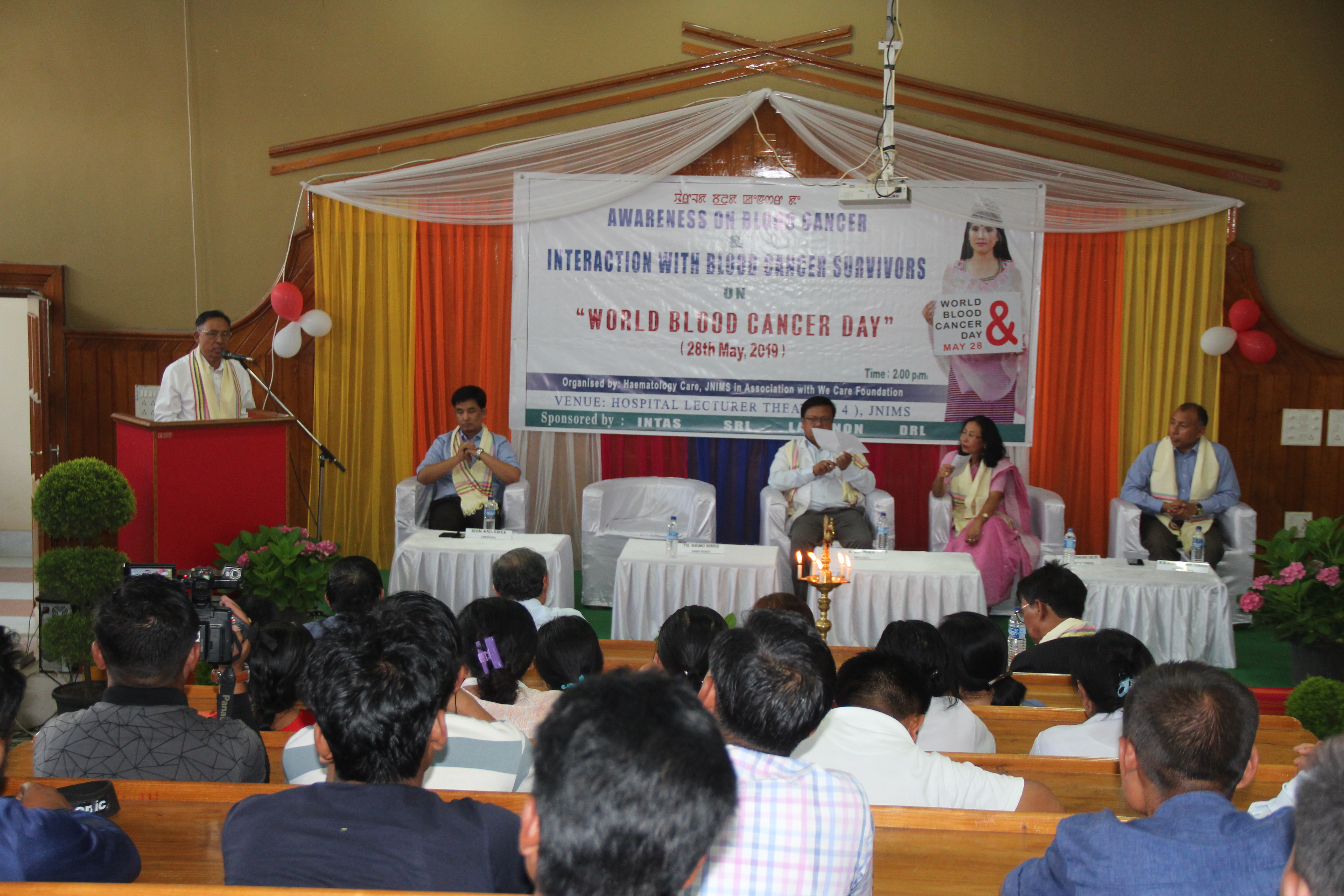The abrogation and consequent taking over of the administration and law and order by the central government has pushed the constitutional debate in the country at a new high
 Debabrata Deb
Debabrata Deb

Jahangir in his famous words, “Gar firdaus, ruhe zamin ast, hamin asto, hamin asto, hamin ast” (If there is ever a heaven on earth, it’s here, it’s here, it’s here), this is what Kashmir is for centuries, enchanting and attracting visitors from far and wide to the heaven on earth. It has been a place very dear and close to the heart of every Indian.
Today it looks as if history has a different script to write and the destiny is yet unfolding and unravelling. One of the most deepening crises ever faced by the Government in and after the attack on CRPF jawans killing 40 at Pulawma was to give a befitting response.
Indian army avenged and retaliated fiercely right inside and devastated the hideout of terrorists at Balakot. The attention of the people of India since has been shifted and the nation is upright to the need and importance of bold decisions by the Government of the day. Political analysts, policy thinkers and a wide spectrum of political parties debated and discussed as to how to resolve the Kashmir issue which has become a conflict zone.
Pakistan made repeated attempts to infiltrate and send radical groups to influence the locals against the Indian Government for many years on. In dealing with the terrorists, their design to disrupt the peace and prosperity of India through continuous attacks and infiltration into Indian territories India lost thousands of martyrs.
Expectedly India was ready to act in real-time and act comprehensively encompassing military, diplomatic and political including constitutional measures. Kashmir has now occupied the centre stage of international news making.
The historic decision was taken by the NDA government on 7th August 2019 abrogating Article 370 and 35A of the Constitution and consequent reorganisations of the States of Jammu and Kashmir into the union territory of Jammu and Kashmir with legislative assembly and Ladakh as Union territory without the assembly and directly under the control of the centre.
The abrogation and consequent taking over of the administration and law and order by the central government has pushed the constitutional debate in the country at a new high in the media.
What followed after the decision was announced is sheer dismay and angst in the minds of the politicians of the valley who are of the view that the decision is unconstitutional and hence not to be applicable unless consultations with the stakeholders are complete.
The opposition is up in arms against the abrogation including the process preceding the passing of the Bill. The legal validity or its constitutional supremacy is a matter to be seen as time unfolds. Notwithstanding the implications, the decision is final and binding as the Bill was passed by both the Houses of Parliament and notified by President thereto.
As the day passed by, after the suspension of internet, mobile connections and imposition of restrictions on movements of the people in the region heightened by the house arrest and detention of key political leaders in Kashmir, there is a growing cross border actions including Pakistan raising the issue in UNSC via China.
The misadventures have failed and UN Ambassador from India, Syed Akbaruddin gave a befitting rebuttal to the global media persons in this regard.
The common man in the street is also not fully aware until abrogation of provisions of Article 370 and 35A of the Constitution of India in reference to Kashmir and the impact of the abrogation of Article 370. Can Article 370 be revoked unilaterally?
Clause 3 of Article 370 states ‘that the President may, by public notification, declare that this Article shall cease to be operative but only on the recommendation of the Constituent Assembly of the State’.
In this context, it is pertinent to regard that constitutional amendments and legality is a complex matter. Mr Soli Sorabjee former Solicitor General in a tv show in India Today said that the action by the Govt. is constitutional and sustainable. It will be a legal questioning and let it be dealt with by experts.
A silent majority of Indians, at heart and every patriotic Indian, want that the land of Jammu, Ladakh and Kashmir remain an integral part of the Indian union and non-negotiable.
The background of the special status of Jammu and Kashmir is embedded in history which culminated in the signing of accession treaty between the Maharaja Hari Singh and the British on 27 October 1947.
The key players in the making of post-independence Jammu and Kashmir in October 1947 are many stalwarts prominently Maharaja Hari Singh, Sheikh Abdullah and Jawaharlal Nehru.
There were other national leaders like Vallav Bhai Patel, Shyma Prasad Mookerjee and Ambedkarji who had independent views on the special status. How the special status of Article 370 and Article 35A was incorporated in the Indian Constitution is a matter of history.
For the purpose of abrogation, the separation of powers between Executive, Legislative and Judiciary are distinct and function within its mandated domain, Parliament is supreme in making laws and has the power to amend, repeal or abrogate.
Article 370 and Article 35A
The article is drafted in Part XXI of the Constitution: Article 370 gives autonomous status to the state of Jammu and Kashmir.
It is Temporary, Transitional and Special Provisions That Parliament will need the state government’s concurrence for applying any law, except those that fall in the domains of defence, foreign affairs, finance and communications.
In effect, Article 370 says Issues like ownership of property, fundamental rights and citizenship are covered under a separate law for Jammu and Kashmir.
In this regard Article 35A is relevant: Article 35A of the Indian Constitution is an article that empowers the Jammu and Kashmir state’s legislature to define “permanent residents” of the state and provide special rights and privileges to those permanent residents.
Central laws related to minorities, education, whistleblowers among others will become effective a total of 106 central laws will now be effective in the Union Territory of Jammu and Kashmir.
These include some key central legislations including the Prevention of Corruption Act, National Commission for Minorities Act and Land Acquisition Act.
Indian Citizens from other states and UTS of India will be able to migrate to the state and buy land; inter communities can marry and remain entitled to all the rights to succession and inheritance.
Private and public investments in infrastructure, startups, business and tourism etc. will be allowed without any discrimination.“With Article 370 in place, the development of Jammu and Kashmir was hampered and democracy was stifled in the state because the people couldn’t benefit from the central laws made for the citizens of the country,” to quote the Home Minister. NDA government.
Mainstream politicians in Kashmir valley should in the view of many supporters, introspect what was not firmed up for the people of J&K for last 70 years, will it be politically and strategically prudent to continue with the same status under Article 370 or accept and move on with the winds of change for a bright future.
The opposition politicians in India are entitled to speak against but in recent times the rhetoric and language used have reached a new low and so provocative that it is difficult to support in the national interest.
Earlier there was a movement by the separatists against Article 370 for self-determination. Now separatists will find a vacuum which is impossible to fill. Article 370 had entered the stream of thoughts in such a way that any review of Article 370 was not tried by the previous govt.
At the present point of time, a new brand of politicians in the valley may have found a new weapon to use the politics of mainstream against the decision of abrogation not to accept the status of union territory with India and provide separatists with a source of oxygen.
International response to the abrogation is supportive to lukewarm indicating that the action taken by the Indian Government is an internal affair and should be left to rest. While Pakistan is so keen and adamant in the retention of Article 370 for Kashmir, is there any doubt that that the action taken by India is correct?
On the auspicious occasion of Independence Day on 15th August the Tricolour flag was hoisted and unfurled in every official and administration buildings in the entire region of Jammu, Kashmir and Ladakh along with the rest of India.
It is a momentous event after the independence that India in a mood to rejoice and the common man will realise that Kashmir is his favourite destination without any hindrance or hesitation or discrimination.
Time will say how assimilation and integration of New Kashmir will happen and how soon even though the Jammu and Ladakh would have done it quicker. Let’s hope the peace and tranquillity will dawn a new beginning for the people of the J&K region.
Debabrata Deb is a Blogger, Writer, Columnist, and Political analyst.






Very nicely drafted with relevant information. However, similar situation and mindset does exist in other states as well receiving similar benefits. If we are to prosper collectively, then these types of appeasing politics needs go from every part of our country.